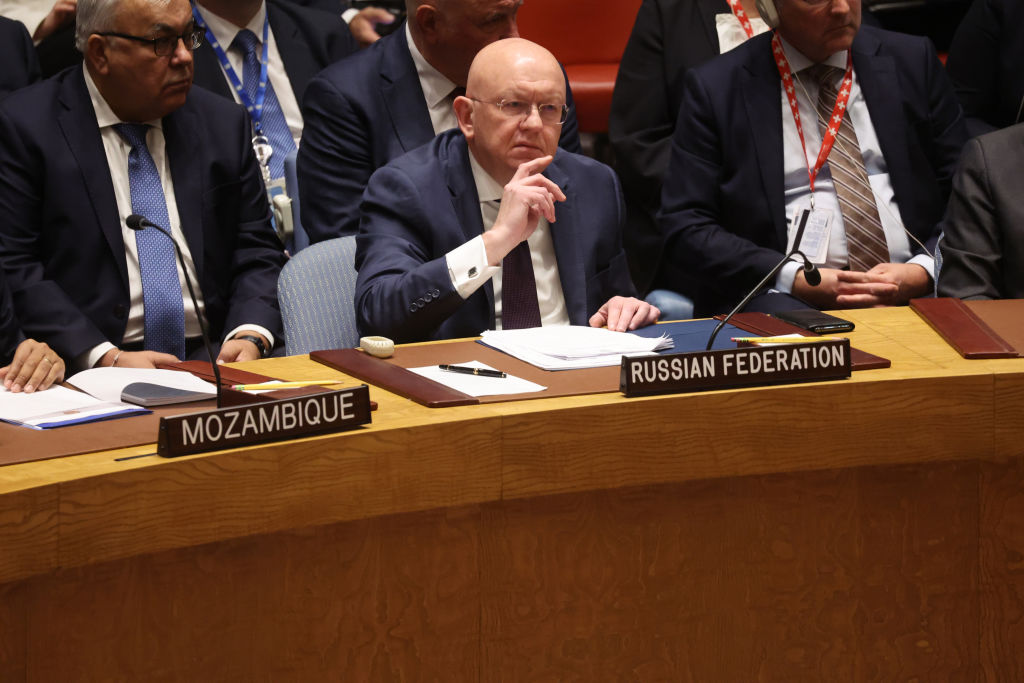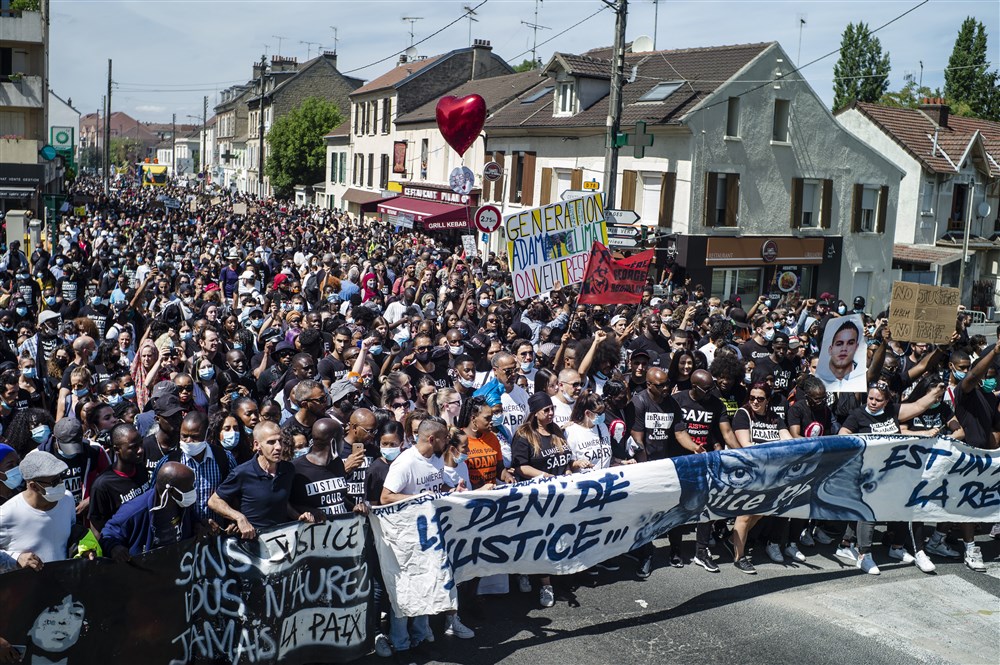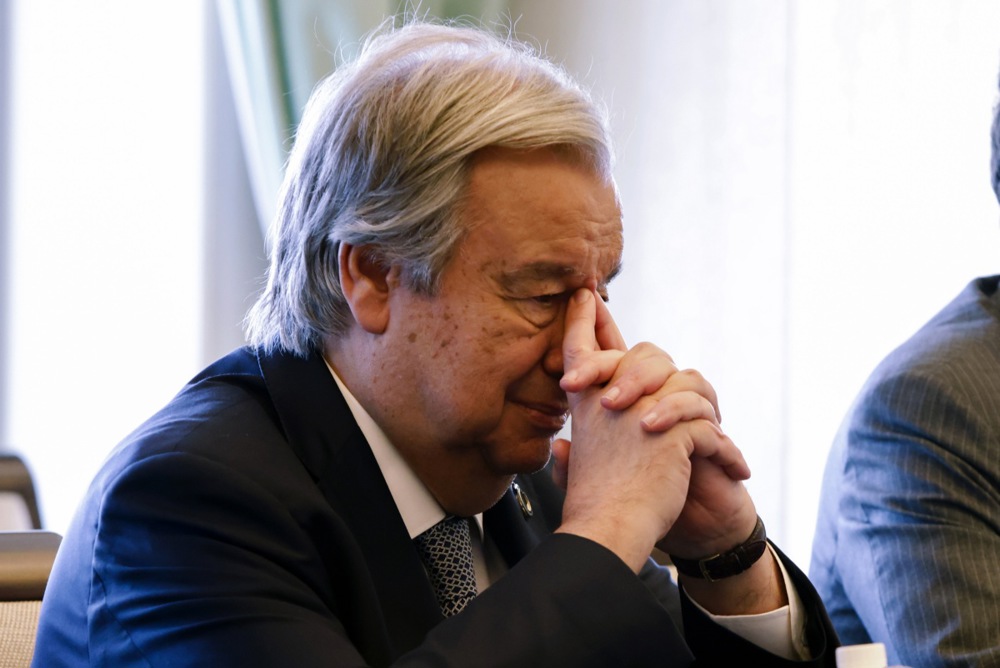Russia’s bid to win back its seat on the UN Human Rights Council has failed after the country lost out to Albania and Bulgaria for two open slots.
Communist China did get elected in an uncontested vote on October 10.
Due to its invasion of Ukraine, Russia was kicked out of the human-rights body during a special session in April 2022.
At the time, the vote to oust Russia was taken to show the “international community’s strong censure of Moscow’s aggressive actions toward a neighbouring state.”
Lately, Russia had been hoping that stance had shifted, using its grain shipments, energy sales and even general war fatigue in many countries to try to secure enough votes to re-enter the council.
Russia was competing with Albania and Bulgaria for the two spots representing the East European regional group on the Geneva-based Human Rights Council.
In the secret ballot, Bulgaria garnered 160 votes, Albania 123 while Russia only won 83.
Moscow’s UN Ambassador Vassily Nebenzia targeted the US, claiming the Americans campaigned against its return to the council.
US Ambassador Robert Wood told the UN Security Council that Russia’s re-election “while it openly continues to commit war crimes and other atrocities would be an ugly stain that would undermine the credibility of the institution and the United Nations”.
In the Asia group, China, Japan, Kuwait and Indonesia competed for four seats. Some campaigned against China, given its problematic record on human rights.
Last year, the UN High Commissioner for Human Rights Volker Türk wrote a damning report on human-rights violations in Xinjiang, North-Western China.
Protestations went unheard; Indonesia got 186 votes, Kuwait, 183 and Japan 175. China received 164 votes.
Cuba, Brazil and the Dominican Republic overcame Peru for three slots in the Latin America and Caribbean group. Cuba, despite being a dictatorship with a dismal record on human rights, actually came out top with 146 votes.
For the four African seats, Malawi received 182 votes followed by Ivory Coast (181) and Ghana (179). Burundi came in last with 168 votes.
The two Western seats were also unchallenged as the Netherlands topped France with 169 votes to 153.
The UN Human Rights Council was created in 2006 and is responsible for “promoting universal respect for the protection of all human rights and fundamental freedoms for all, without distinction of any kind and in a fair and equal manner”.
It replaced the Human Rights Commission, which was repeatedly criticised for the composition of its membership, where some member nations had terrible human rights records. The Commission was also condemned for what was seen as its bias against Israel.
The Human Rights Council claims it has adopted special rules to prevent major human-rights abusers from joining.
UN Deputy Spokesman Farhan Haq said the UN was satisfied that all countries elected to the Human Rights Council this year “have … earned their right to be there”.
“They then need to show and demonstrate while they’re on the Human Rights Council their respect for human rights,” he added.
The @UN?? General Assembly has elected 15 members of the Human Rights Council (@UN_HRC) for the term 2024-2026:
??Albania
??Brazil
??Bulgaria
??Burundi
??China
??Côte d'Ivoire
??Cuba
??Dominican Republic
??France
??Ghana
??Indonesia
??Japan
??Kuwait
??Malawi
??Netherlands pic.twitter.com/qM170esodD— United Nations Human Rights Council (@UN_HRC) October 10, 2023





